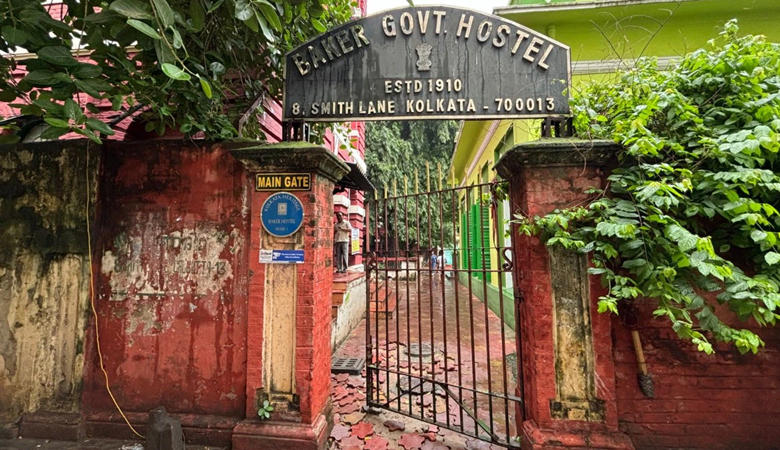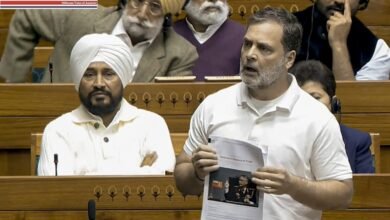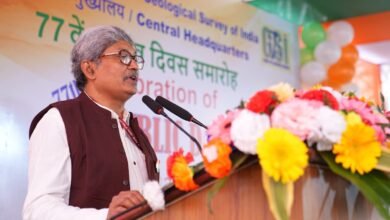Controversy Erupts in Kolkata Over Removal of Bangabandhu Sheikh Mujibur Rahman’s Bust from Historic Baker Hostel

News Mania Desk/Agnibeena Ghosh/16th August 2024
In Kolkata, a heated debate has emerged following a call by the All India Minority Federation for the removal of a bust of Bangabandhu Sheikh Mujibur Rahman from the historic Baker Hostel. This call has sparked significant controversy among academics and intellectuals, who argue against relocating the bust of Bangladesh’s founding father.
Baker Hostel, a century-old institution, was home to Mujibur Rahman between 1942 and 1947 during his time as a student at Maulana Azad College, formerly known as Islamia College. The hostel retains many of Rahman’s personal belongings, including his bed, table, chair, almirah, and books, offering a glimpse into his early years. In 2010, a bust of Rahman was installed outside his former room, and it was later replaced by a new bust in 2019, crafted by Bangladeshi artist Liton Pal Ronny.
The recent controversy arose when the All India Minority Federation, led by General Secretary Mohammad Qamruzzaman, demanded the removal of the bust. Their objection is based on the bust’s proximity to a nearby mosque, suggesting that its presence is inappropriate in the area. Qamruzzaman stated, “This has been our demand for a long time. There is a mosque nearby where people offer namaz. The bust is out of place in that particular area. However, we have not objected to Bangabandhu’s bust placed elsewhere in the city.”
This call for removal has faced strong opposition from various quarters. Filmmaker Goutam Ghose, who included the bust in his documentary “Mujib in Calcutta,” defended its presence, emphasizing its historical significance. “The Bangladesh high commission took the initiative to create a corner there. It is part of history. This bust was featured in my documentary too,” Ghose explained.
Tanveer Nasreen, head of history at Burdwan University, has also voiced her support for keeping the bust in its current location. She highlighted Kolkata’s pivotal role in shaping influential leaders like Suhrawardy, Fazlul Haque, and Mujibur Rahman. Nasreen noted, “Historically, the role Kolkata played in the making of the Bengali Muslim mind was essentially secular, progressive, and inclusive. There is no reason why Bangabandhu’s bust should be relocated from the Baker Hostel.”
In response to the growing tension and to ensure safety, the local police have heightened security around the hostel. An officer stated, “We have instructions not to allow anybody to get close to the rooms or the bust,” underscoring the seriousness with which the authorities are treating the situation.
The debate over the bust of Bangabandhu Sheikh Mujibur Rahman has highlighted broader issues of historical memory, cultural sensitivity, and the complexities of communal spaces. As discussions continue, the outcome will likely have implications for how historical figures are commemorated and how their legacies are managed in contemporary contexts.






